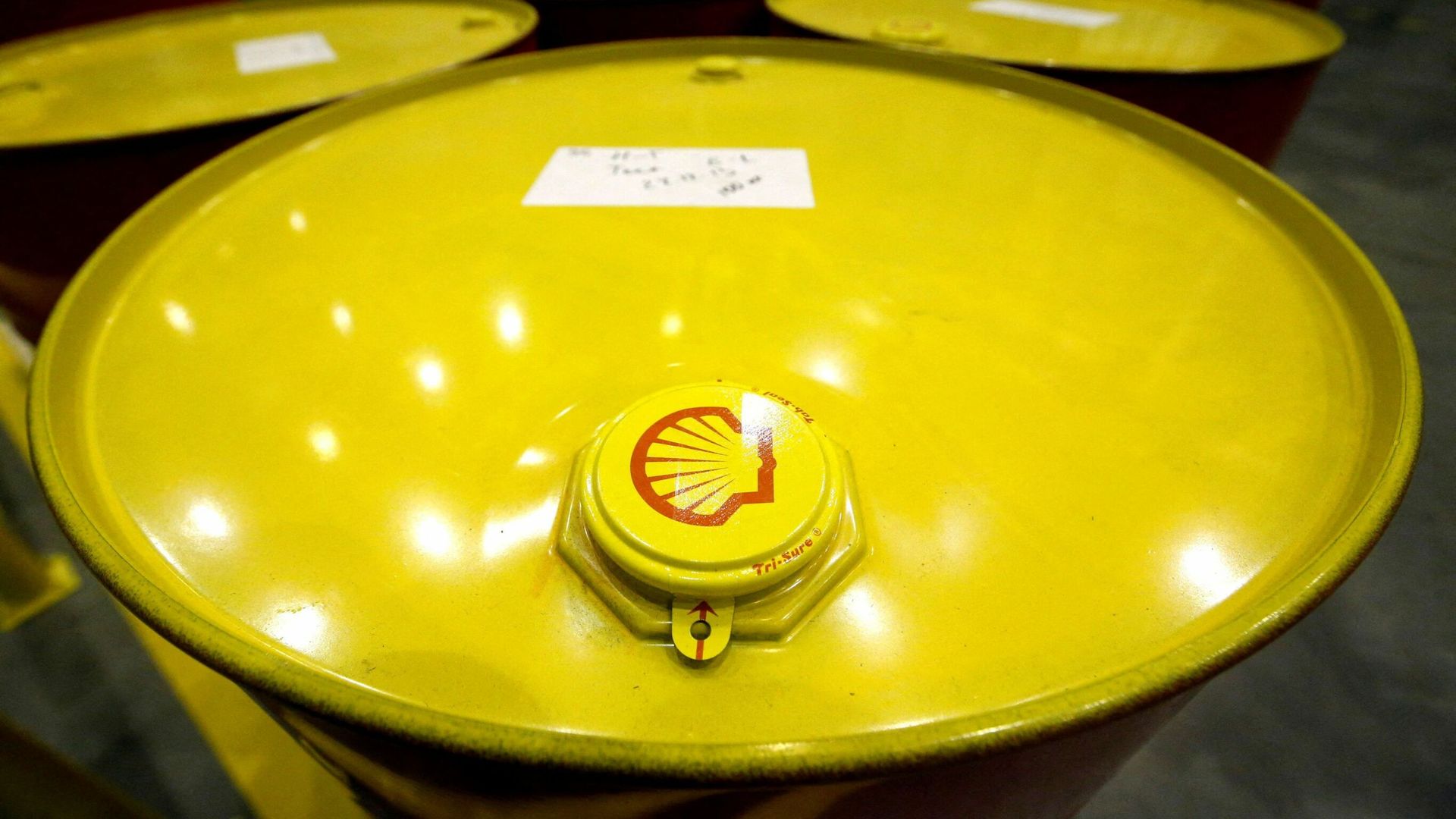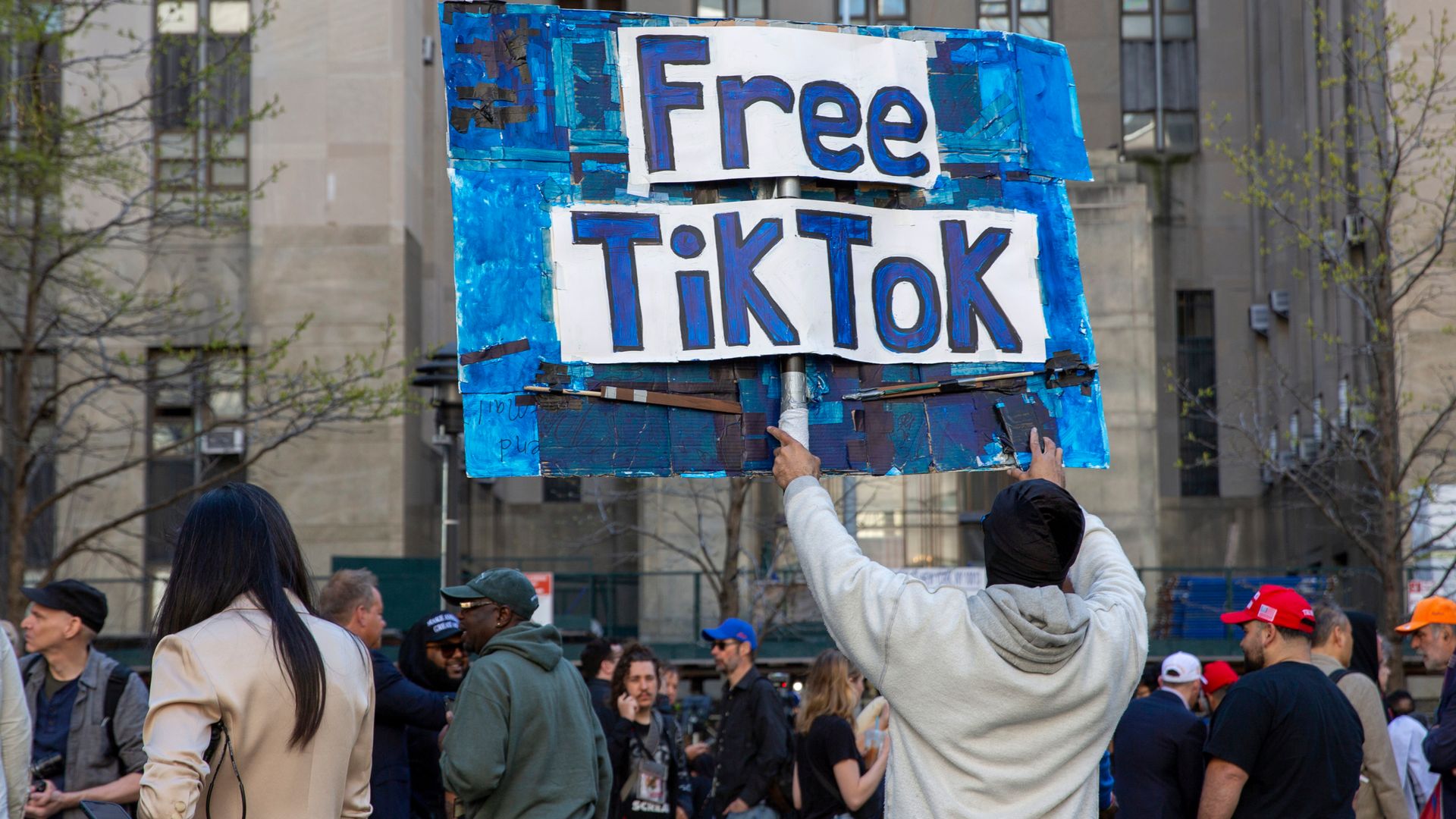Shell has reported better than expected first quarter profits and moved to woo shareholders as it battles a group of major investors seeking greater action against climate change at the company.
Europe’s largest oil and gas firm said its main profit measure came in at $7.7bn (£6.14bn) over the first three months of the year – more than $1bn higher than analysts had forecast but down on the $9.7bn achieved in the same period last year.
Shell credited strong oil trading and higher refining margins for the performance and said it would reward investors with a further $3.5bn share buyback.
Money latest: Seven tips for getting an upgrade on a plane
The dividend was also maintained at the same level seen over the final quarter of 2023.
The results were released as investors face pressure from a group of shareholders with a combined 5% holding to force the company into tighter climate targets.
The resolution, led by activist shareholder Follow This, is due to be voted on at Shell’s annual general meeting on 21 May. Other signatories include Amundi, Axa IM and Scottish Widows.
UK interest rates should stay higher for longer, OECD says, in boost for Bank of England strategy
Chinese companies receive far more state support – making it harder for Western businesses to compete, data suggests
Fed holds US interest rates again after three months of disappointing inflation data
It calls on Shell to align its medium-term carbon emissions reduction targets with the Paris Climate Agreement, including emissions from fuels burnt by consumers, known as Scope 3 emissions.
Shell’s board has urged shareholders to vote against it.
Its directors said in response: “Shell has targets and ambitions that it believes are in line with the more ambitious goal of the Paris Agreement to limit global warming this century to 1.5°C above pre-industrial levels and it is making good progress towards achieving these targets and ambitions.”
The US proxy advisory firm Glass Lewis revealed overnight that it was recommending shareholders oppose the resolution.
Glass Lewis said that given Shell’s “greenhouse gas emission reduction goals and disclosure on the steps it is taking to mitigate its carbon emissions, as well as insufficient evidence that would lead us to believe it is significantly lagging its peers, we do not believe that adoption of this proposal would benefit the company or its shareholders at this time.”
A similar resolution won almost 20% of investor support at last year’s AGM.
Be the first to get Breaking News
Install the Sky News app for free
Follow This, whose stated goal is to align big oil firms with the legally binding targets agreed at the 2015 Paris summit, has accused Shell of rowing back on its responsibilities.
In March, Shell weakened a 2030 carbon reduction target and scrapped a 2035 objective, citing expectations for strong gas demand and uncertainty in the energy transition even as it affirmed a plan to cut emissions to net zero by 2050.
Mark van Baal, founder of Follow This, responded: “Now the ball is in the court of other responsible investors.
“We expect that they will side with their peers instead of the board of Shell.”





